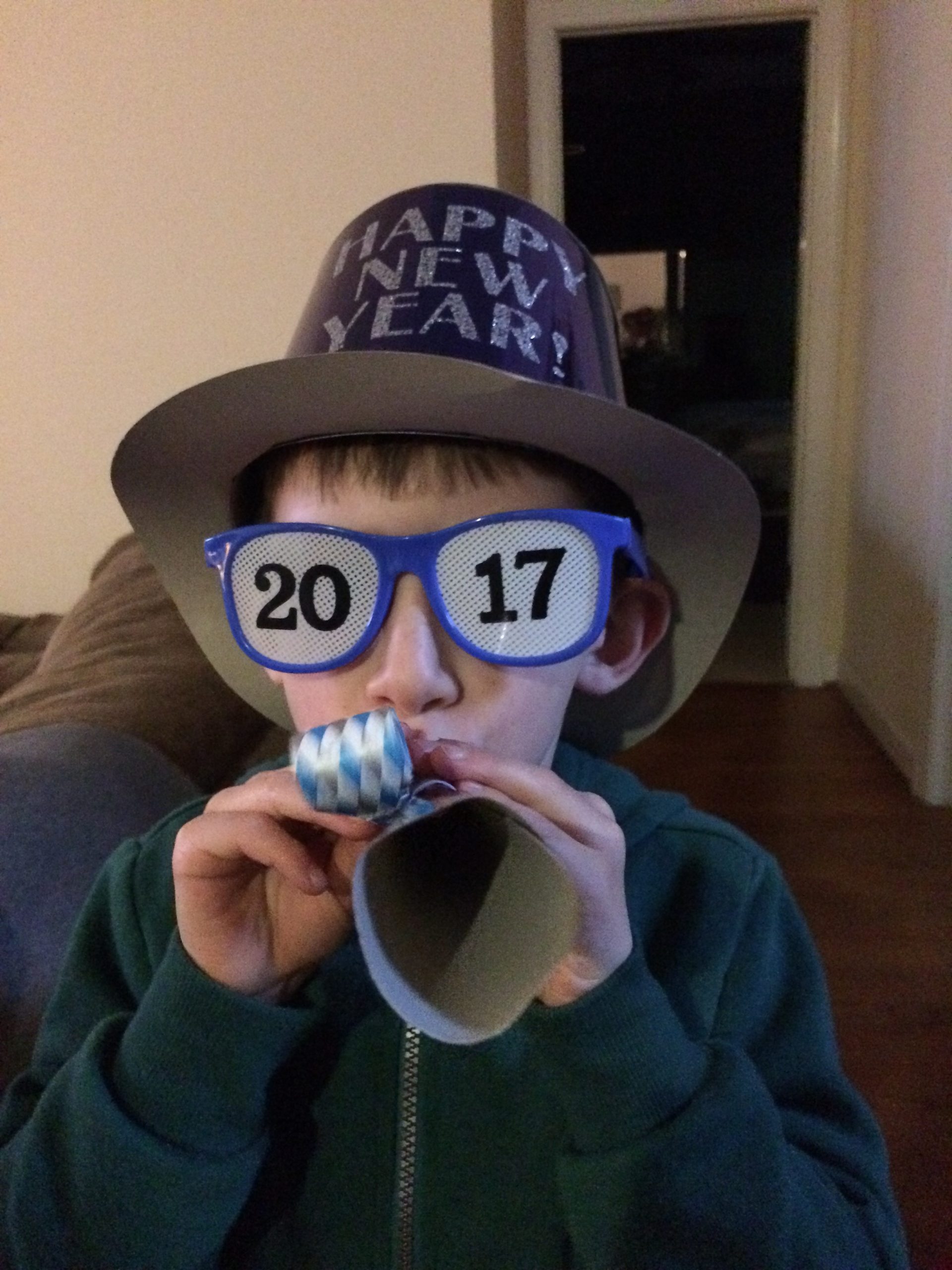The holiday stress causes much anxiety both at home and in school. Regardless of it being fun and joyous, it is busy. And, children and adults feel the strain. In addition, with many events in school and after school, routines are often out of whack.

Most adults understand that their stress levels rise during the winter holidays. And, educators experience the stress of addressing December holidays in our schools. Therefore, they try to strike a balance between recognizing religious holidays and teaching students about caring for others, religious differences, and coexisting in peace.
So, to relieve anxiety, avoid overscheduling parties and activities so children/students do not get overwhelmed. Children/students do not process stress. Therefore, they rev up rather than and slow down.
Stress in children manifests as an illness, sleep disturbances, changes in eating habits, and irritability. So, how do we maintain sanity when dealing with students and our own children?
Avoiding The Stress
• Include time for listening to stories or quiet reading in your daily routine.
• And, attempt a bedtime that is close to the usual time.
• Watch a child’s diet. Because, too much unhealthy snacking contributes to stress and anxiety. Also, try to sit down to regular meals.
• Keep physical exercise in the daily schedule. However, walking around the mall does not count. Let children have outside time to play.
• Also, don’t overschedule. Keep an even pace so children are not overwhelmed.
• Furthermore, remember to just say no. Avoid too many activities and parties. Children and students are used to structure. Consequently, too many functions are difficult to process. Also, with in-school parties and activities, limit the after school activities.
• Prepare in advance. Tell children what to expect.
• Introduce and reinforce positive thinking.
As an educator, holidays not only involve classroom responsibilities, they bring more parent involvement, assemblies, staff meetings, parties, and last minute classroom interruptions. The library is closed, the chorus teacher wants extra practice, the music teacher wants extra band rehearsal, etc. Here are some suggestions to keep educators from pulling out their hair or waving the white flag.
Holiday Stress Remedies
• Make a list of everything that needs done in the classroom.
• Make a to-do list.
• Students and colleagues will bring gifts. So, keep thank-you notes handy. Also, keep extra presents on hand such as $5 gift cards.
• Think realistically. You can’t do everything.
• Involve the students. Do relaxation techniques together. Go for a short walk around the school, turn off the lights for a few minutes, and practice slow breathing.
• Do not take on a major challenge or a change. Decide what you need and let the rest go.
Don’t let the holidays get the best of you. Remind yourself and the people around you what the holidays are really all about. Schedule your time appropriately and look beyond December.
*This blog is an updated version from 2015.




